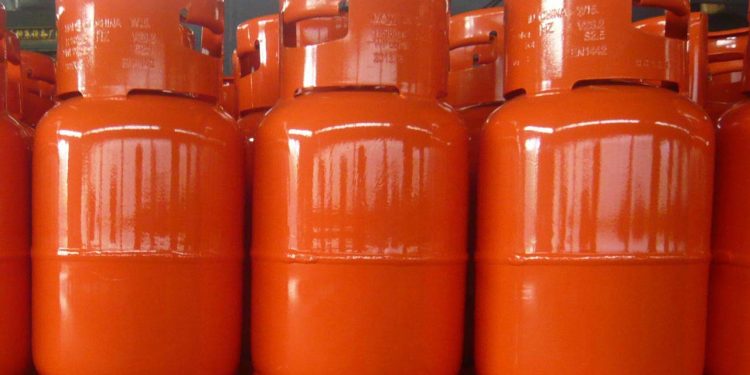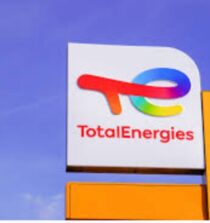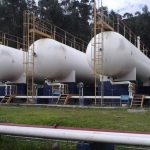By Jumoke Adelabu
The Nigeria LNG Limited has said it does not contribute to the supply shortfall of Liquefied Petroleum Gas, also known as cooking gas, and the hike in the price of the commodity in the country.
The NLNG, in a statement on Monday, said it recently increased the volume of its annual commitment to the market from 350,000 metric tonnes to 450,000 MT, which, according to the company, is about 100 per cent of its butane production.
According to the statement by its General Manager, External Relations and Sustainable Development, Eyono Fatayi-Williams, NLNG supplied over 80 per cent of its LPG sales (butane/cooking gas) to the Nigerian market in 2020.

The company noted, as reported by our correspondent on Monday, that several factors such as VAT and forex impacted the pricing of the product indexed to the international pricing model.
The company said, “It is grossly inaccurate to state that NLNG produces 22 million tonnes per annum of Liquefied Petroleum Gas, otherwise known as cooking gas. NLNG is primarily an export company that produces 22 MTPA of Liquefied Natural Gas and 5 MTPA of natural gas liquids.
“It is also erroneous, to say the least, that NLNG contributes to the supply shortfall of cooking gas in Nigeria and consequent price hike.
“The price of LPG in the domestic market is dependent on several market factors, including the forces of demand and supply.”
The company said by committing 100 per cent of its butane production, it had prioritised the domestic market, thus realising its domestic supply target safely.
“NLNG’s current maximum butane production meets about 40 per cent of domestic demand. The balance is supplied by other domestic producers or via imports. Therefore, NLNG’s production alone is not sufficient,” it said.
According to the company, in order to achieve its aspiration for the domestic supply, a dedicated 13,000MT vessel, LPG Alfred Temile, delivers the product to the market through Lagos and Port Harcourt terminals.
It said, “The vessel’s delivery to these terminals are occasionally hampered by challenges at the terminal, including storage capacity, terminal access, draft restrictions and prioritisation of other products over LPG.”
It added that NLNG’s domestic LPG pricing was most competitive compared to all other alternatives.









Thank you for your sharing. I am worried that I lack creative ideas. It is your article that makes me full of hope. Thank you. But, I have a question, can you help me?
Thanks for sharing. I read many of your blog posts, cool, your blog is very good.
They always have the newest products on the market.
lisinopril 10 mg tablets price
Every visit reaffirms why I choose this pharmacy.